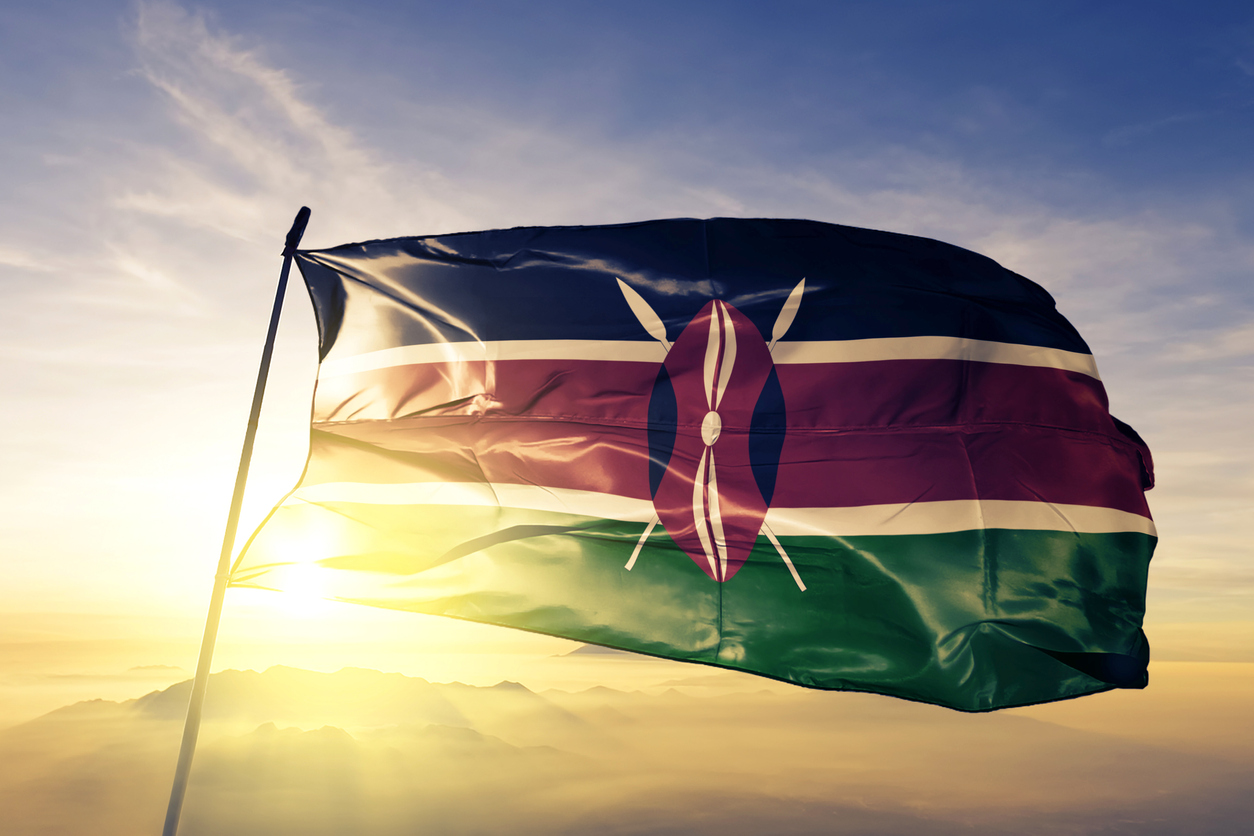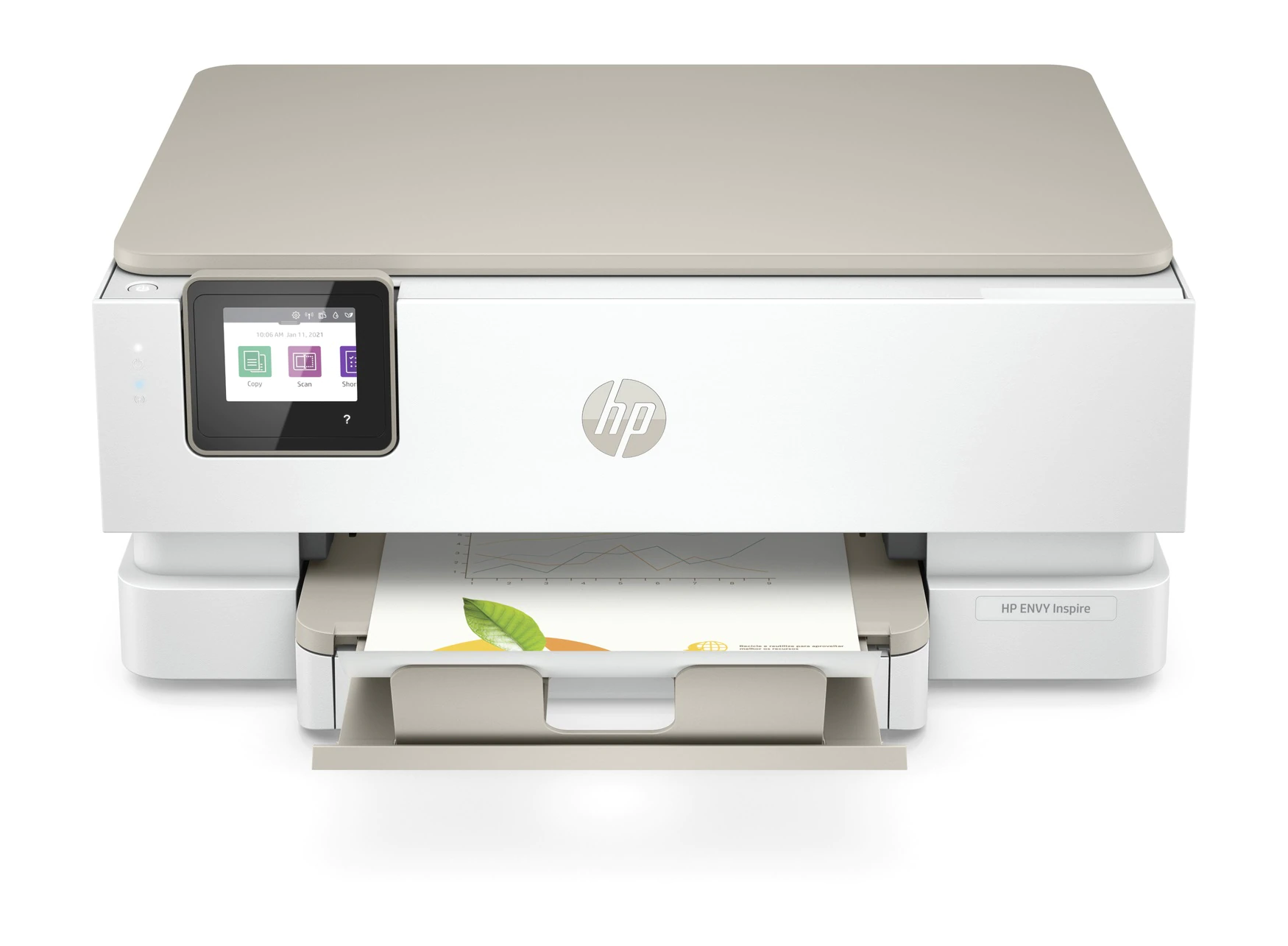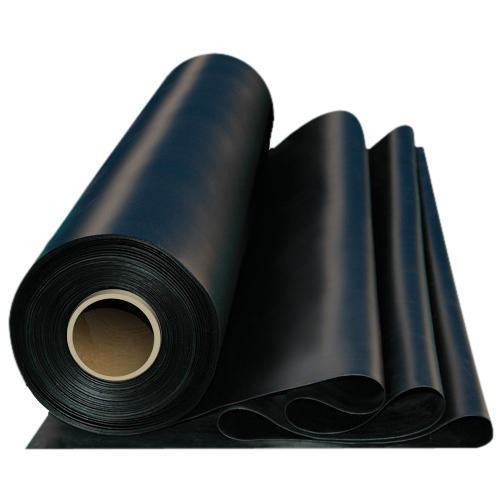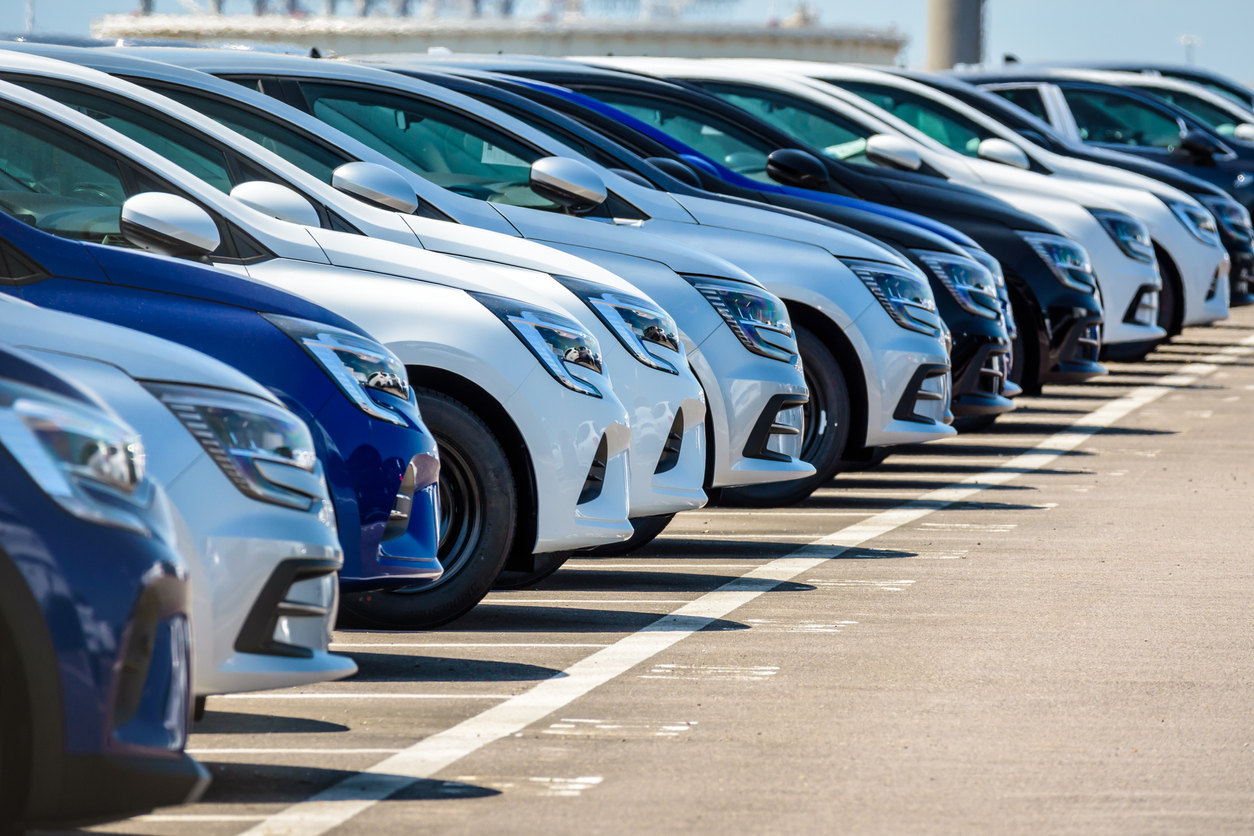Step by Step Guide to Shipping Goods From Mexico to Kenya
Step by Step Guide to Shipping Goods From Mexico to Kenya
Shipping goods from Mexico to Kenya can seem like a daunting task, but it doesn’t have to be! With the right resources and a step-by-step guide, you can easily and smoothly transport goods from one country to the other. This guide will show you how to navigate the process, from preparing goods for shipment to understanding all the necessary paperwork and regulations. Whether you’re shipping a few boxes or a full cargo container, this guide will ensure that your shipment is successful and arrives on time. With our step-by-step guide, you’ll learn about all the logistics, procedures and regulations that come with international shipping. We’ll take you through all the necessary steps, from choosing the right type of freight to making sure the goods arrive in perfect condition. With this guide, you can be confident that your shipping goods from Mexico to Kenya will be successful.
Selecting the Right Shipment Method
Before you start preparing your shipment, you’ll need to decide on the best method of transportation. You can either choose air freight, sea freight or land freight. Once you’ve made your decision, you can proceed with the rest of the shipping process. Air freight is the fastest and most convenient method of shipping goods. You can choose to go with dedicated air freight or shared air freight. Dedicated air freight will guarantee a quicker delivery time and more flexibility. However, it is also more expensive. Shared air freight is a good option if you’re on a budget. However, it will take longer to arrive in Kenya because it has more stops than a dedicated flight. You can also choose to go with multimodal shipping, which combines different methods of transportation to get goods to their destination quicker. Some of the most common multimodal shipping routes include air/sea and air/land.
Preparing Goods for Shipment
Before you ship your goods, you’ll have to prepare them for shipment. This includes packing the goods and labeling them with the necessary information. The type of container you use and packaging materials will depend on the type of goods you’re shipping. You’ll also need to prepare paperwork, such as commercial invoices or packing lists, to accompany your goods during the process. Some goods, such as perishable items or hazardous materials, will need special packaging and labeling. You’ll also need to pay special attention to securing the goods to prevent damage during transit.
Understanding the Documents Required for Shipment
Once you’ve prepared your shipment, you’ll need to make sure it includes all the necessary documentation. Depending on the type of goods you’re shipping, you may need an export license, an import license or both. You’ll also likely need an invoice and commercial shipping contract, as well as packing and labeling information. The type of documentation you need will depend on the type of goods you’re shipping and the destination country. You can find a full list of required documentation here.
Choosing the Right Freight Forwarder
Once you’ve completed all the necessary steps to prepare your shipment, you’ll need to find a freight forwarder to help you transport the goods. A freight forwarder will help you with all the paperwork and book the shipment with the right carriers. You’ll also have to pay a freight forwarder to handle the logistics of transporting your goods. When choosing a freight forwarder, you should keep a few things in mind. For example, you’ll want to make sure that the forwarder is licensed and has a good reputation. You’ll also want to make sure that they are experienced in shipping to Kenya. You can use our freight forwarding guide to help you find the right freight forwarder for your shipment.
Calculating Shipping Costs
The first thing you’ll want to do is make sure you have an idea of how much your shipment will cost. You’ll need to factor in several different things when calculating your shipping costs, including the type of goods, distance, and the type of transportation used. You can find out how much it will cost to ship your goods by using a shipping cost calculator. These calculators take into account all the factors listed above, as well as any additional fees that may apply.
Import and Export Regulations
There are a couple of import and export regulations you’ll want to keep in mind when shipping goods from Mexico to Kenya. First, you’ll need to make sure that your goods are compliant with Kenyan import regulations. You can do this by contacting Kenya’s customs authority. Customs officers will walk you through their import regulations and make sure that your goods comply. You can also check out the Kenyan Trade Board’s website for more information. Second, you’ll want to make sure your goods are compliant with Mexican import regulations. You can do this by contacting Mexico’s customs authority. Customs officers will walk you through their import regulations and make sure that your goods comply. You can also check out the Mexican Customs website for more information.
Insurance and Liability
When shipping goods internationally, you’ll want to make sure you have adequate insurance coverage. If your goods are damaged or lost during transit, insurance will help you cover the costs. Before you pick an insurance provider, make sure you understand the type of coverage they provide. You’ll want to make sure that your insurance provider covers damage, loss or damage to your goods during transit. You’ll also want to make sure that your provider covers your liability if someone is injured because of your product.
Ensuring That Goods Arrive in Perfect Condition
Once your goods arrive in Kenya, you want to make sure that they’ve arrived in perfect condition. You can do this by hiring a customs broker. A customs broker will clear your goods through customs and make sure they arrive in perfect condition. You can also hire a freight forwarder to help you with the process.
Tracking Your Shipment
After your shipment has been released by customs, you can track its progress online. You can find tracking information in the customs declaration form and through an online shipping service. You can also contact the freight forwarder who is handling your shipment to ask if they have any updates. If you experience any problems with your shipment, you can contact the customs authority and the shipping company.
Dealing with Customs and Taxes
Once your shipment has arrived in Kenya, you’ll want to make sure that the customs process goes smoothly. This includes paying the necessary taxes and any duties. Depending on the type of goods you’re shipping and the value, you may need to pay import taxes, customs duties, or both. You can find more information about these taxes and duties on Kenya’s Customs website. You’ll also want to make sure that you fill out the necessary paperwork and provide all the necessary information. You can find more information about the customs process on the Kenyan Customs website. If your shipment arrives with a defect and you want to return it, you’ll need to follow the process outlined by your shipping company. In many cases, the company will offer free return shipping. If you’re shipping your goods to a retailer, you’ll likely have to pay for the return shipment.
If Your Shipment Arrives With a Defect and You Want to Return It
If your shipment arrives with a defect and you want to return it, you’ll need to follow the process outlined by your shipping company. In many cases, the company will offer free return shipping. If you’re shipping your goods to a retailer, you’ll likely have to pay for the return shipment. If you’re shipping goods to Kenya, you’ll want to make sure that the process goes smoothly. You can start by learning about all the necessary steps, from choosing the right type of freight to making sure the goods arrive in perfect condition








LEAVE A COMMENT
You must be logged in to post a comment.